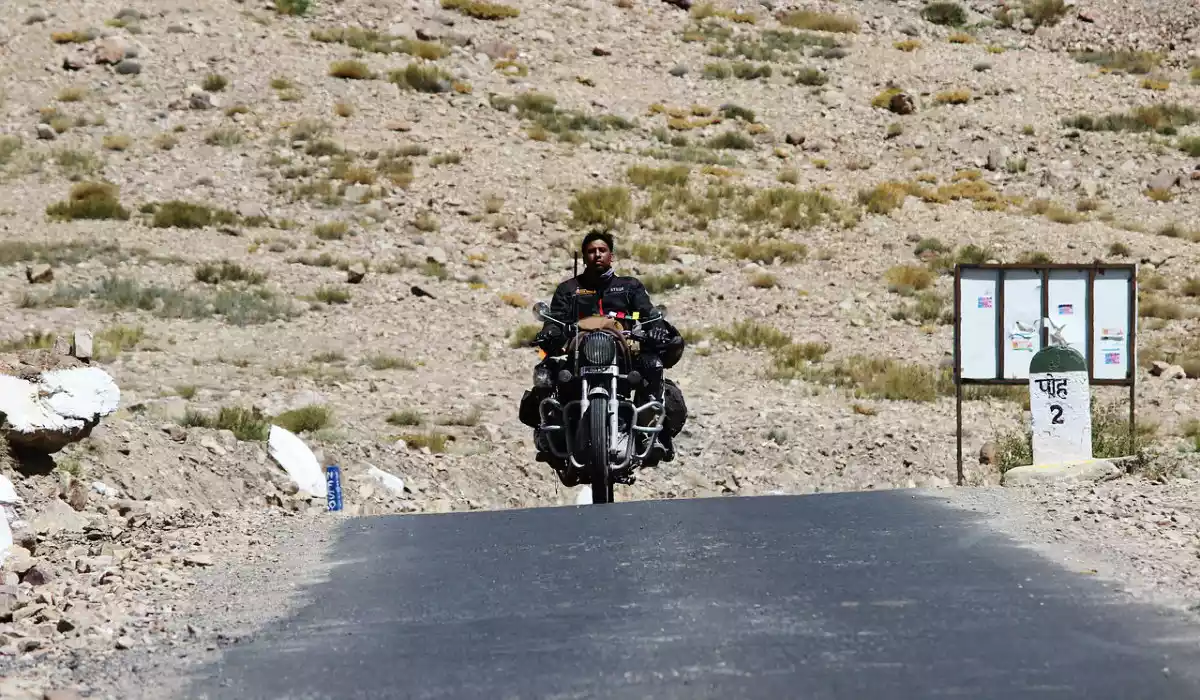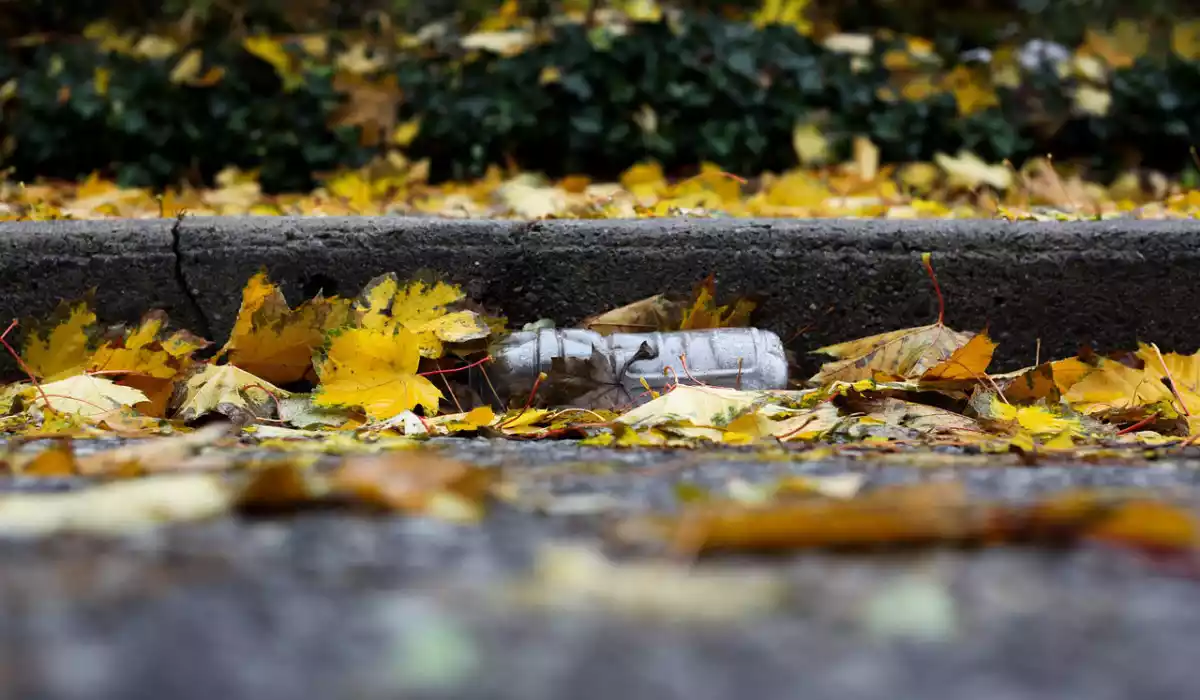Himachal Pradesh, a mountainous state in northwestern India, is becoming a pioneer of sustainable infrastructure by building 200 kilometers of roads using plastic waste. Led by the Public Works Department (PWD), this initiative aims to tackle the problem of plastic waste while improving road infrastructure.
PWD, under its so-called „buyback policy” for single-use plastic waste, has already incorporated about 1,300 tons of plastic waste into road construction and cement production. As part of its efforts to protect the environment and sustainable development, Himachal Pradesh has implemented a comprehensive ban on the use, sale and production of polythene or plastic carry bags made from non-biodegradable materials. This ban highlights the state’s proactive approach to environmental issues.
To facilitate this initiative, the government is purchasing plastic waste at Rs 75 per kilogram from registered waste collectors as well as individual residents. The collected waste includes a variety of packaging materials for everyday products such as bread, cakes, cookies, snacks, ice cream, pasta and liquids such as milk and juices. Repurposing these plastics is a key step in reducing pollution and promoting sustainable waste management practices.
In addition to purchasing plastic waste, awareness programs are conducted to educate the public about the negative effects of single-use plastics and encourage active participation in waste management activities.
Source: www.thenewshimachal.com
Photo: www.pixabay.com


